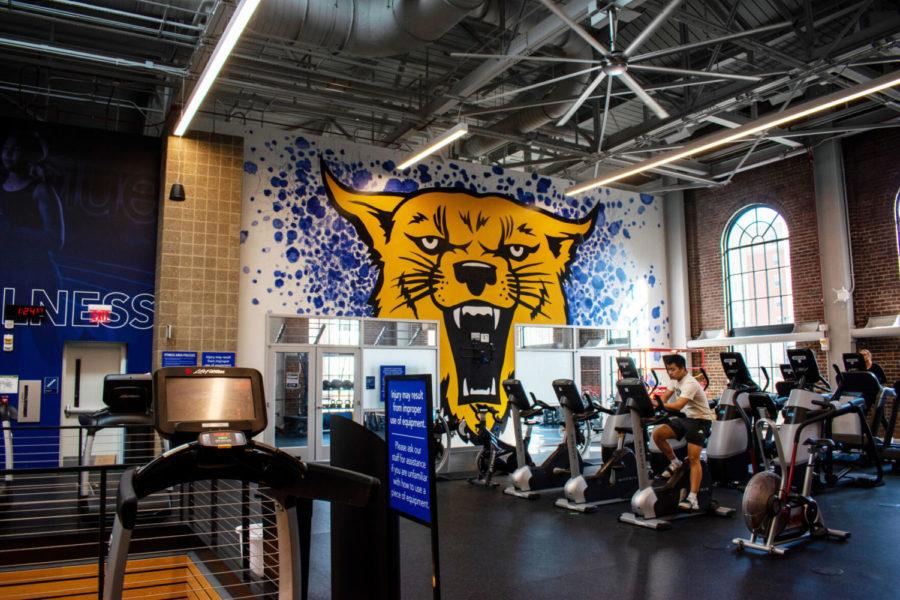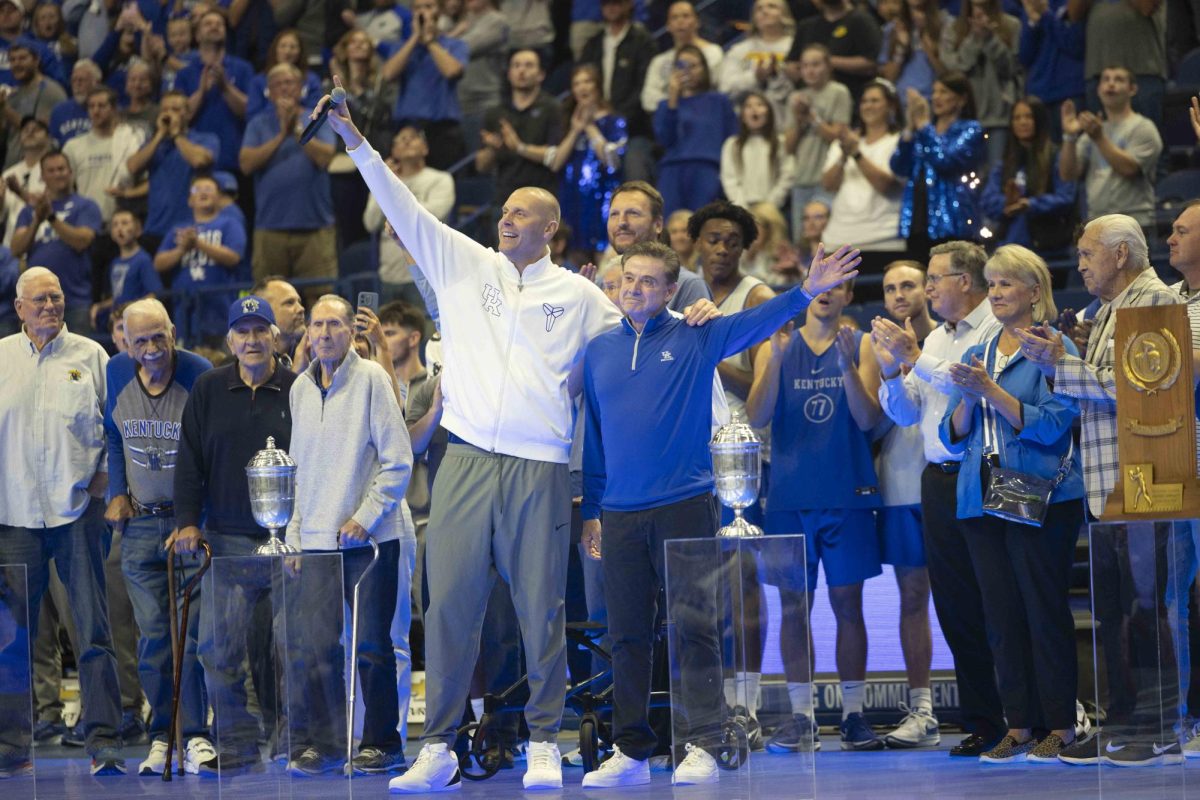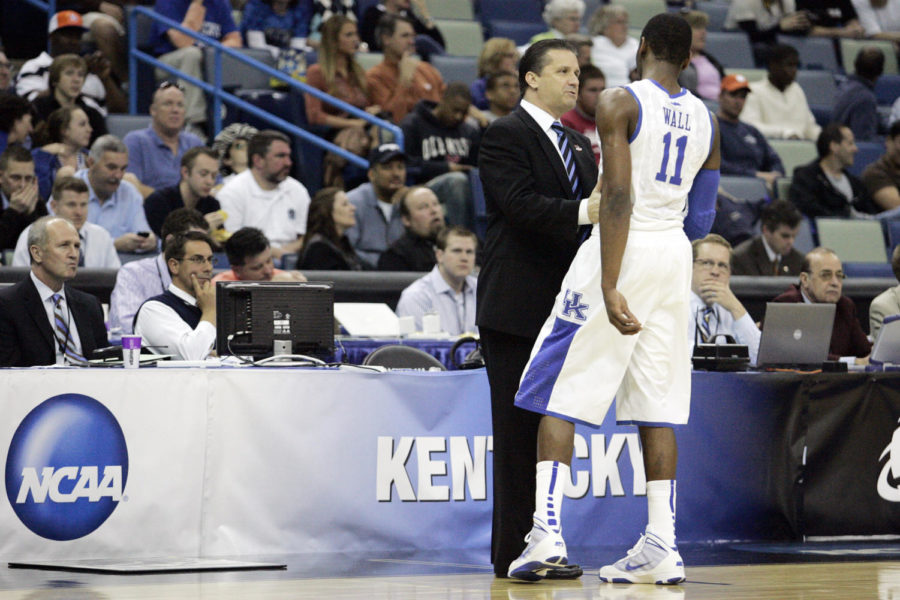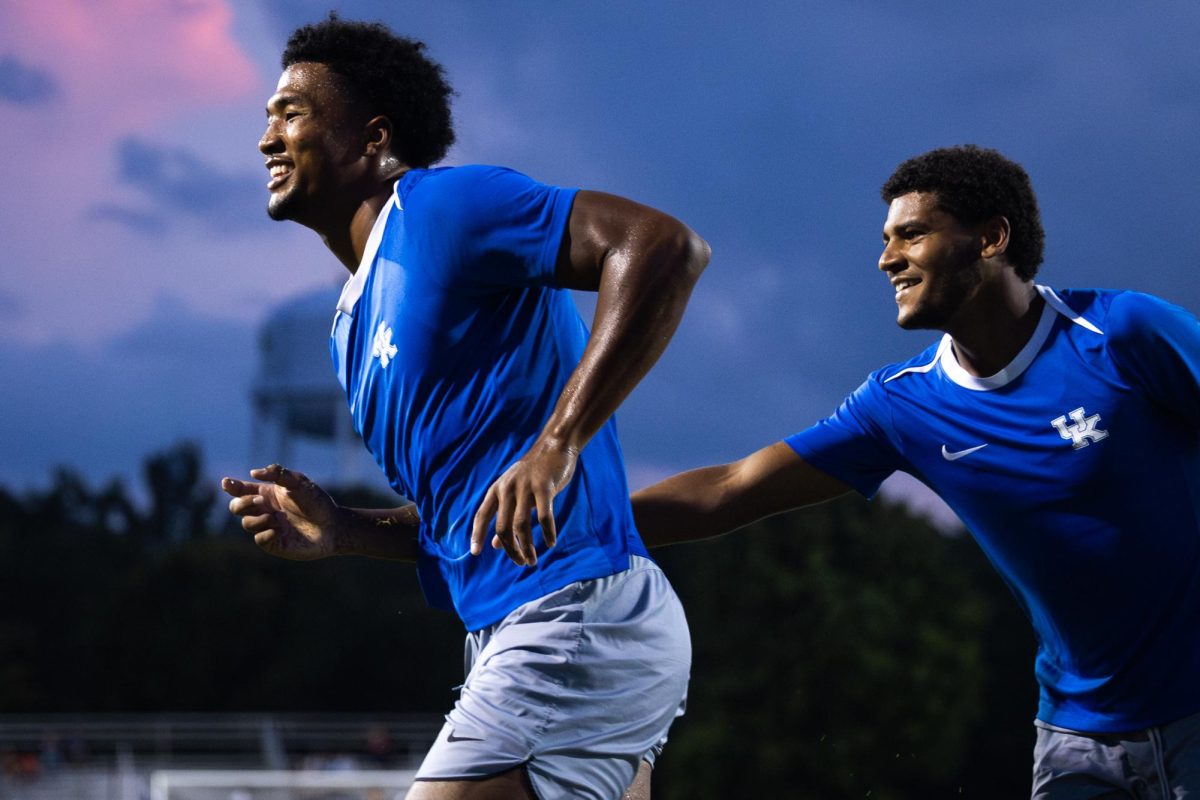Low voter turnout erodes democracy
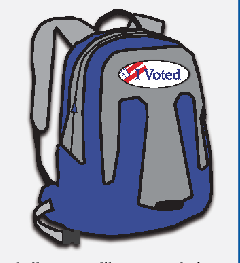
Backpack illustration
March 20, 2016
With just 18 percent of Republican voters participating in Kentucky’s recent Republican presidential caucus, Donald Trump took the victory and the most delegates. Voter turnout this low makes it hard to call our elections democratic. And each forthcoming election, without institutional change to voting procedures, will further divide Americans from their government.
Kentucky’s Republican Party actually celebrated an increase in participation in this year’s primary cycle — turnout was up from 14 percent in the 2012 GOP primary. This means the delegates Kentucky allots are not representative of the opinions of Kentuckians, but only of those groups which have easiest access to the polls.
This trend is not limited to Kentucky. Among the 34 member countries in the Organization for Economic Cooperation and Development, which includes highly developed and democratic states like our own, the U.S. ranks 31st in voter turnout. Moreover, voting rates have decreased since 1964 for every age group except 65-plus.
This sort of poor turnout nationwide provokes many questions. Why aren’t a majority of citizens casting their vote? Are there groups who want to ensure low voter turnout? What changes can be made to increase participation?
It is likely that many eligible voters feel like their votes would not make a difference. According to a 2014 study by professors at Princeton and Northwestern University, ordinary Americans have a “nonsignificant, near-zero level” of influence on policy, while economic elites and organized groups have a high degree of influence.
One step to increasing voter participation would be decreasing the influence of interest groups in government. However, this is easier said than done.
There may be political blocks along the way to voter participation. It has been shown that nonvoters support more liberal agendas, so conservatives might not be happy to talk about low voter turnout as a pressing problem.
But whatever the effects it has on politics, proper representation is necessary for a democratic republic to stay democratic. The more Americans undermine proper representation, the less they feel legitimately self-governed.
Kentucky’s online voter registration.
What can be done to fix voter turnout? Certainly the tired methods of raising enthusiasm and registering voters are not enough. The fact that low voter turnout is expected, especially from youth and nonwhite voters, shows that there needs to be deep, institutional change to voting procedures.
We could adopt mandatory voting, but this would be extremely complicated — not to mention problematic.
Changes could be made, though, to identification requirements, high school curricula and early voting procedures to increase turnout. Some politicians, like Democratic presidential candidate Bernie Sanders (I-Vt.), have even suggested making election days into holidays so work requirements don’t get in the way.
But none of this will happen until low voter turnout is recognized as an important issue. How far will Americans get from proper representation before real changes are made?
opinions@kykernel.com


